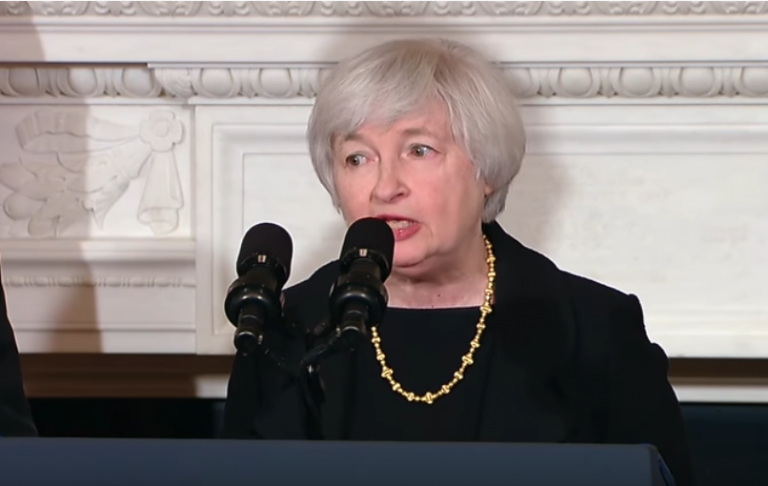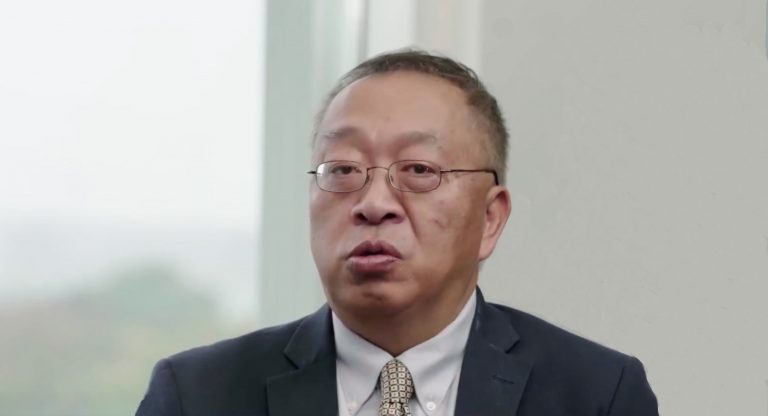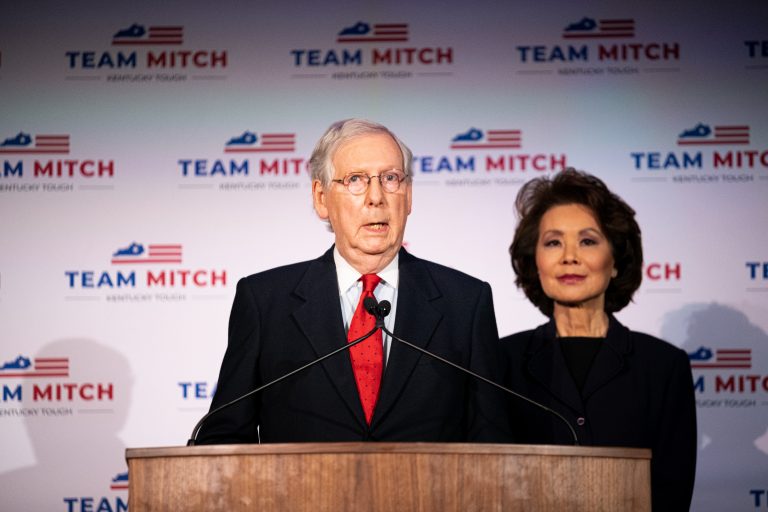Democratic U.S. presidential contender Joe Biden intends to make former Federal Reserve chairwoman Janet Yellen his administration’s Secretary of the Treasury, The Wall Street Journal reports, citing “people familiar with the decision.”
An economist by training, Yellen has been at the forefront of policy-making for three decades, according to The Wall Street Journal. Confirmation by the Senate would make her the first woman to become U.S. Secretary of the Treasury.
The potential pick raises questions about Biden’s stance on China should he become president. This January, commenting on the Trump administration’s “phase one” trade deal with Beijing days before it was signed on Jan. 15, Yellen warned against rising tensions with China over tech and other issues.
She said Sino-U.S. confrontation could stymie the global economy and development of emerging fields like artificial intelligence and 5G, causing the world to lose “those synergies,” as reported by CNN Business.
The Trump administration has taken a hard line on the People’s Republic of China (PRC), levying tariffs on hundreds of billions of dollars’ worth of Chinese exports, calling out the communist regime’s human rights abuses, and tightening restrictions on PRC firms, such as telecoms giant Huawei and state chip manufacturer SMIC.
Success
You are now signed up for our newsletter
Success
Check your email to complete sign up
Hundreds of suspected Chinese spies, many of them with military connections, have been arrested or deported by U.S. authorities. The actions come as part of the Trump administration’s efforts to push back against Beijing’s ambitions to become the world’s leading producer of high-tech goods and infrastructure.

Biden, who served as vice president during the Obama administration, says that he would continue Trump’s tough policies on China. However, he has a long record of operating under the “engagement” paradigm — the assumption that active cooperation with the PRC will eventually bring the Chinese Communist Party (CCP) in line with liberal-democratic norms.
“We need to strike a middle course — one that encourages China’s rise in a manner consistent with an open, fair, rules-based, regional order,” Biden’s former adviser Jake Sullivan said in 2017.
Biden has confirmed that Sullivan is his pick for National Security Adviser.
Concerned about confrontation
While Washington’s stance has hardened, the CCP has not demonstrated much willingness to play ball.
Over the last two decades, the CCP has developed an intricate mass surveillance system to monitor the Chinese people, imprisoned millions of religious believers, and imposed its dictatorship over the former British colony of Hong Kong. It has also militarized the disputed South China Sea, despite explicit promises made to the Obama administration that it would not do so.
Yellen’s January comments, made at the Asian Financial Forum in Hong Kong, criticized the lack of progress Trump’s negotiations had produced in lowering tensions with the PRC. Noting that the administration’s tariffs were to remain in place, she said that the “phase one” deal would have little tangible effect.
The prospect of deepening disagreement between the world’s two largest economies seemed to perturb Yellen, who highlighted the conflict in tech cooperation that has only intensified following her comments.
“These issues are going to be quite difficult to deal with and will have very significant consequences for the global economy,” she said.
“Technologies developed in one place of the world need to be and can be applied throughout the world, and become the base for further progress of technological innovation,” Yellen said.
“Losing those synergies” would be a regrettable loss; “I hope we will not go there.”
On Jan. 20, days after the signing of the U.S.-China trade deal, the CCP admitted that COVID-19, which emerged in the central Chinese city of Wuhan in late 2019, was spreading among humans. The pandemic has since killed more than one million people, paralyzed global supply chains, and caused employment crises around the world.













